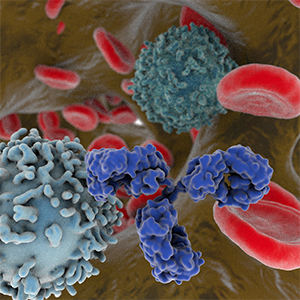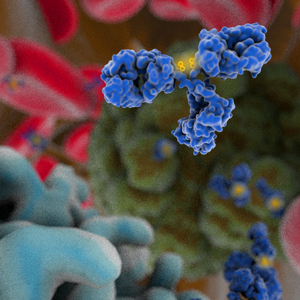 To recognize the research activities of promising student/postdoctoral fellows, The Antibody Society sponsors a competition each year for members who submit posters for Antibody Engineering & Therapeutics Europe. This conference will be held virtually June 8-10, 2021.
To recognize the research activities of promising student/postdoctoral fellows, The Antibody Society sponsors a competition each year for members who submit posters for Antibody Engineering & Therapeutics Europe. This conference will be held virtually June 8-10, 2021.
Our judges select the best work based on originality, relevance and perceived impact on the field of antibody research and development.
Winners receive:
1) Complimentary registration to attend the conference and pre-conference sessions;
2) An opportunity to give a short oral presentation of their work in one of the conference sessions;
3) A lovely crystal award.
We are pleased to announce the winners of the 2021 poster competition:
Ms. Suchada Niamsuphap, Australian Institute for Bioengineering and Nanotechnology.
Poster title: Development of antibody delivery systems against intracellular targets
and
Dr. Vaishali Verma, University of Delhi South Campus.
Poster title: ImPACT: Immunization-free Phage-based Antibody Cloning Technology
More about these winners and the winners of past competitions can be found here.





